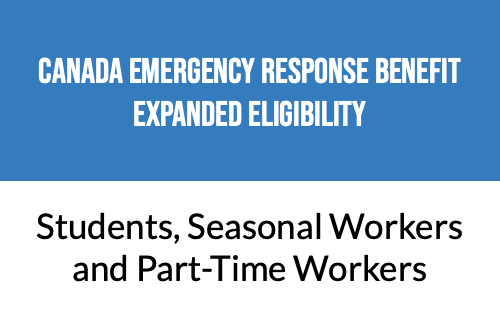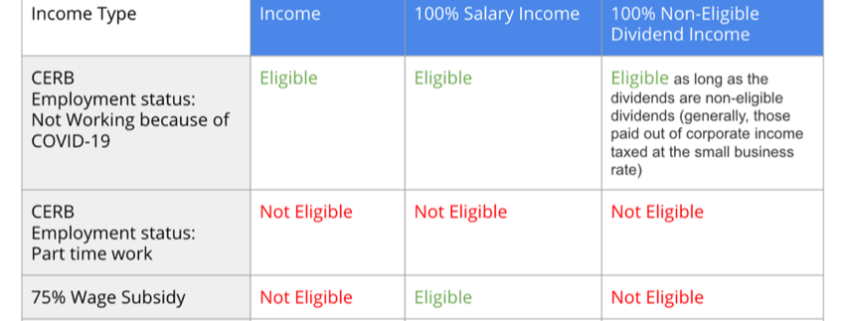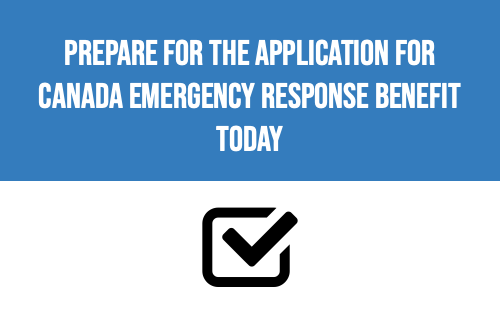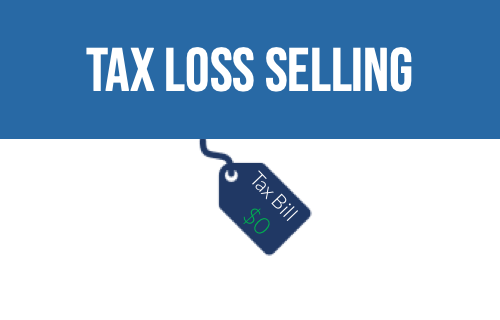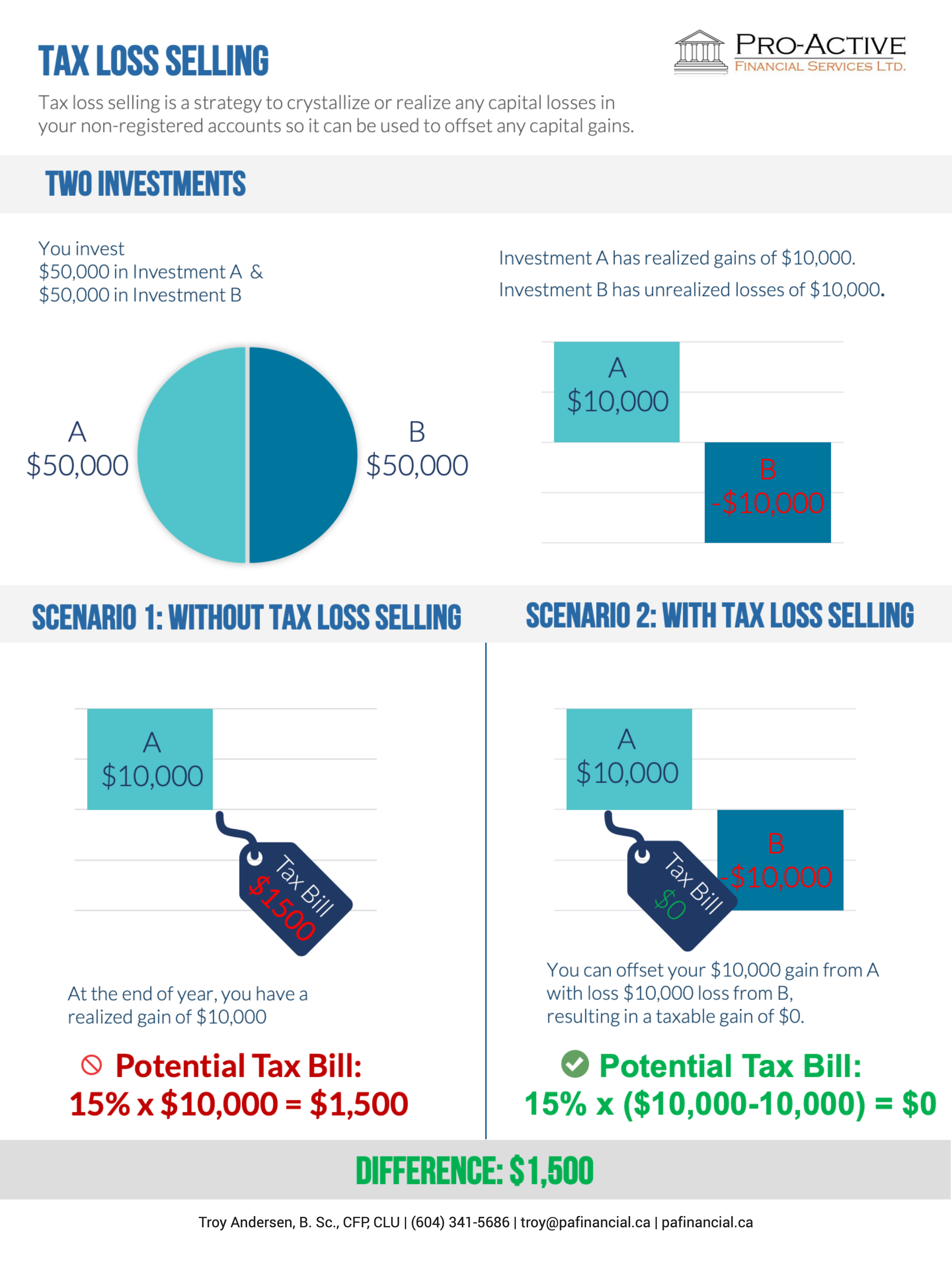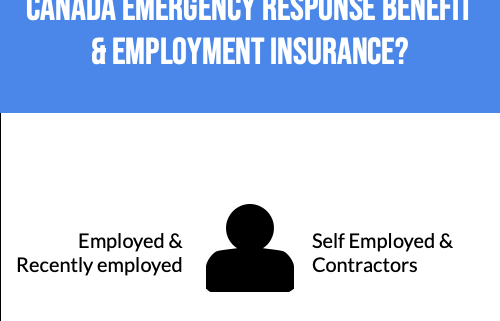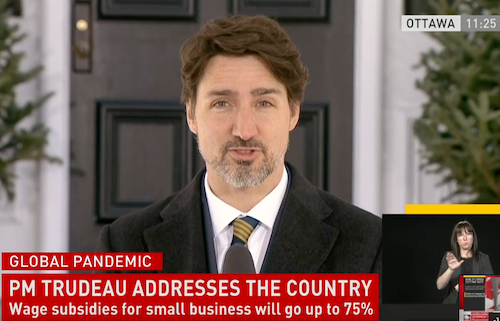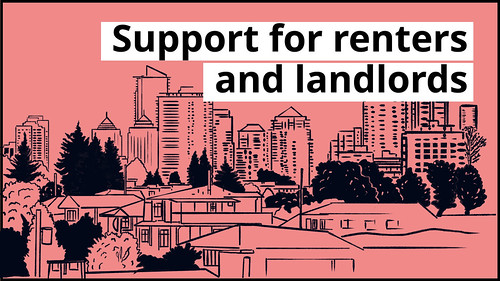Expanded eligibility for Canada Emergency Response Benefit (CERB) & Boosted wages for Essential Workers
From his speech this morning (April 15th), Prime Minister Justin Trudeau announced:
“Today, we’re announcing more help for more Canadians. This includes topping up the pay of essential workers. At the same time, we’ll also be expanding the Canada Emergency Response Benefit to reach people who are earning some income as well as seasonal workers who are facing no jobs and for those who have run out of EI recently. Expanding the CERB to include people who earn up to $1,000 per month. Maybe you’re a volunteer firefighter, or a contractor who can pickup some shifts, or you have a part-time job in a grocery store.”
Eligibility for CERB
On eligibility for CERB, the Prime Minister stated:
“If you earn $1,000 or less a month, you’ll now be able to apply for CERB.
If you were expecting a seasonal job that isn’t coming because of COVID-19, you’ll now be able to apply.
If you’ve run out of EI since January 1st, you can now apply for CERB as well
And for others who still need help, including post secondary students and businesses worried about commercial rent, we’ll have more to say to you very soon.”
Wage Boost for Essential Workers
On topping up wages for Essential Workers, PM Justin Trudeau said:
“Our government will work with the provinces and territories to boost wages for essential workers who are making under $2,500 a month, like those in our long-term care facilities”
The government website is being updated with the new qualifications, for full details and to apply click below:

